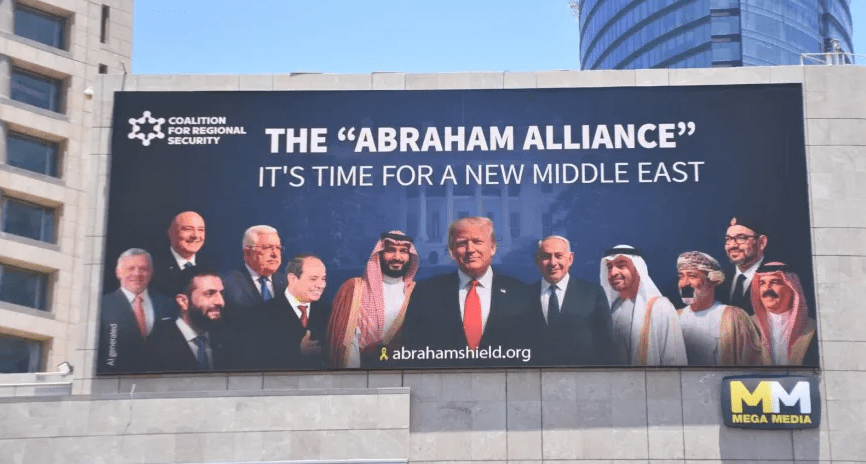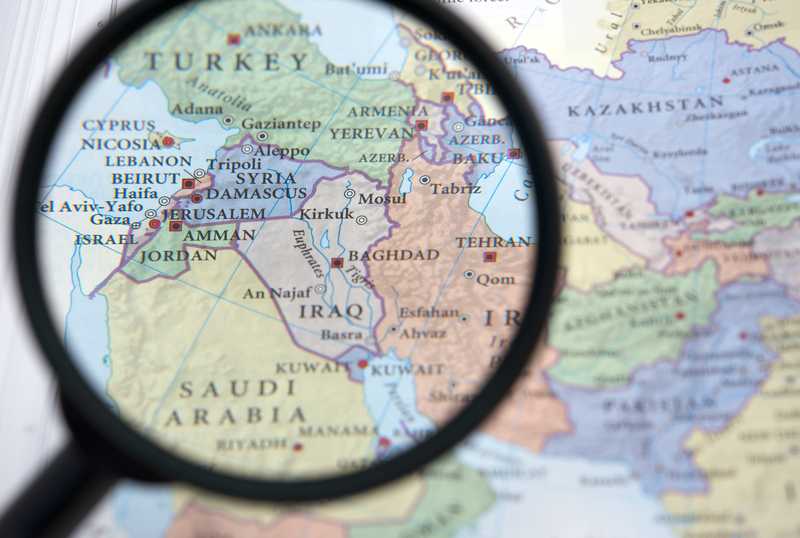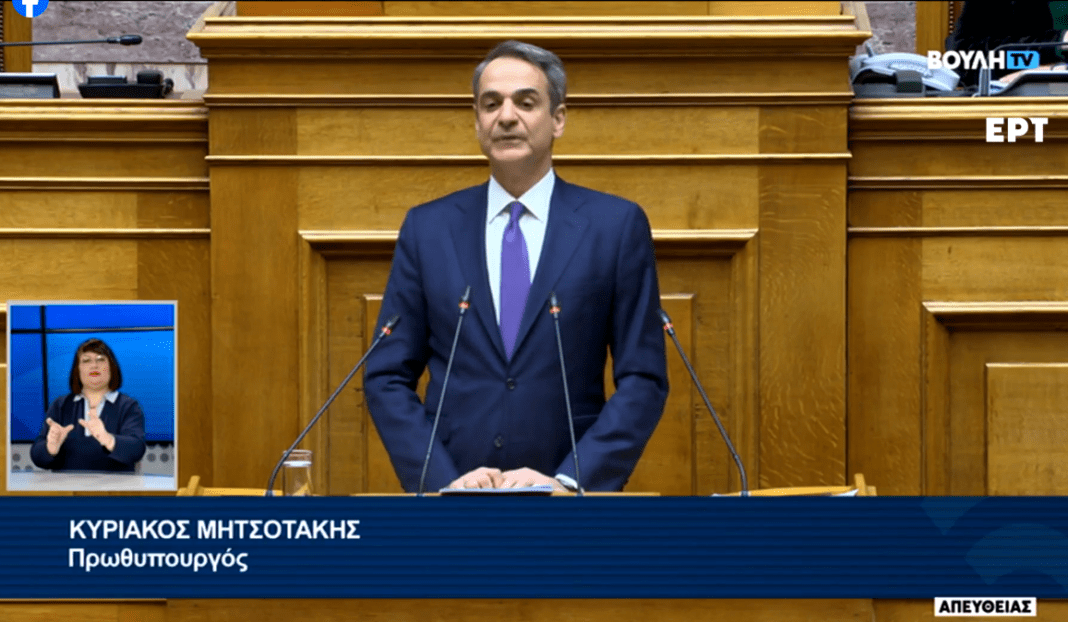by Yusuf Jaffar & Gulzhan Musaeva, Middle East Monitor,
The relentlessness of the Gaza holocaust has been exhausting for even the most committed advocates for Palestinian liberation. A sense of disillusionment with global powers has never been more palpable. Yet to Muslims, the apathy and betrayal of Arab rulers is that much more painful.
Not that the masses have been sitting on their hands. Muslims worldwide, among thousands of human beings of conscience, have shown up to protest the monstrosity of Israel’s atrocities. But have these demonstrations affected change?
Civil disobedience, in all of its various forms, is vital to resistance. On its own, however, it rarely leads to systemic change. In the US, the preeminent source of Israel’s legitimacy and funding, real lasting change comes from engaging with the system — particularly through lobbying.
Since America’s top-level support for Israel has been engendered by decades of intense lobbying, efforts to balance the scales to include the Palestinian perspective have to be driven by similar political campaigning.
With the global sentiment shifting decisively against the settler colonial state, now is the time to move beyond protest to press for a permanent end to oppression and a just resolution for Palestine. It is high time to harness the power of the average Muslim, our combined riches and attachment to Al-Aqsa.
The emotional power and limitations of demonstrations
Protests rightfully draw a lot of attention (should, in principle, from unbiased media, a rarity in the West) but they often fail to translate to legislative changes. At least that has been the case on American soil. Although movements like Occupy Wall Street and Black Lives Matter captured huge audiences, they ultimately ended without significant political wins.
Notable anti-war protests in modern times, like those against the US war in Iraq and in Vietnam before that, were massive and sustained. In February 2003, an estimated 10 million people around the world took to the streets to protest the impending invasion of Iraq. The “Moratorium to End the War in Vietnam” in October 1969 with over 2 million participants across the US was one the largest anti-war demonstrations in American history.
However, with no clear strategy at the outset or follow-up, they had little effect on policy. Plus, media attention tends to fade quickly, more so with inconvenient truths. More importantly, such grassroots campaigns lacked lobbying muscle of their own. As did Muslims, still do.
American Muslim activism: Culture, faith and intimidation
“The Muslim community does not possess the political, institutional and financial prerequisites to make a difference in the American political arena,” said American academic Fawaz Gerges nearly two decades ago. These barriers still stand in the way today.
Ostensibly, Muslim civil rights organisations — like the Association of Arab American University Graduates (AAUG) and the American-Arab Anti-Discrimination Committee (ADC) — have been trying to affect change for their own communities, for the Middle East and Palestine in particular for decades. Their lobbying efforts, however, were limited and centered around individual participation. Any serious attempts to go political were met with violent intimidation tactics. (Opposition to pro-Palestinian activism continues to this day.)
Organised lobbying among Muslim advocacy groups did not exist then and does not, in practice, now. Most have running Palestine campaigns; the dedicated few, like the US Campaign for Palestinian Rights (USCPR) and American Muslims for Palestine (AMP), even have lobbying arms.
Unfortunately, despite the apparent evolution of Muslim American political thought, such lobby groups remain small and ineffective. They focus on member training — by itself an important aspect of lobbying — and encourage individual efforts through “action alerts”. So yes, the Muslim public is becoming more vocal and critical in questioning US foreign policy. But their fractious influence is hardly a replacement for a national lobby.
Besides, Muslims in America is a such fractious minority, almost defensive of its sectarian and ethnic diversity, that it seems nearly impossible for them to work together. Many are socioeconomically disadvantaged to be politically or financially involved. Which is why Muslims around the globe, the ummah needs to lend its strength, in numbers and capital, to its US brethren, to finally move from reactive outrage to strategic action.
When protest leads to change — only when systems follow
A momentous victory for protest as a form of resistance in recent American history was the Civil Rights Movement. What worked for it was critical strategic infrastructure in the form of organised lobbying and legal advocacy that transformed public pressure into new laws.
Legal victories that complemented protect action — both in courts and legislative halls — culminated in the passage of the Civil Rights Act of 1964 as well as the Voting Rights Act of 1965. A coalition of 70 liberal and labor organisations backed coordinated lobbying efforts which transformed visible activism on the streets into pressure on Congress.
Perhaps the lesson, then, is that protests, however massive, must be the spark, not the engine. Without machinery (legal, political, economic), the flame dies.
Why lobbying works
Lobbying is structured, professional and persistent. Lobbyists work full-time on building long-term relationships with Congress. While educating lawmakers on issues is often the first order of business, staunch support for controversial issues — like Zionism — is always bought.
Corporations and industry groups invest billions in lobbying and get results. In 2024, federal lobbying expenditures reached a record $4.5 billion. This investment delivers a high return, with lobbying for or against a bill significantly affecting its probability of enactment.
In the context of US involvement in foreign affairs, probably the best example of a well-organised lobby is the American Israel Public Affairs Committee (AIPAC) — raison d’être for the unwavering US commitment to Israel, in defiance of reason, evidence and laws.
AIPAC gets all the fundamentals right: membership base, regional presence and donor system. It influences by teaching legislators their side of the story and then cultivates relationships through sustained engagement and, of course, monetary contributions.
The Israel lobby is impressively endowed. Through a pair of Political Action Committees (PAC), AIPAC spends grandly to support or oppose candidates. During the last election cycle, it paid out $127 million, $55 million in direct donations. Last year, $100 million was allocated to win over skeptical progressives in Congress.





